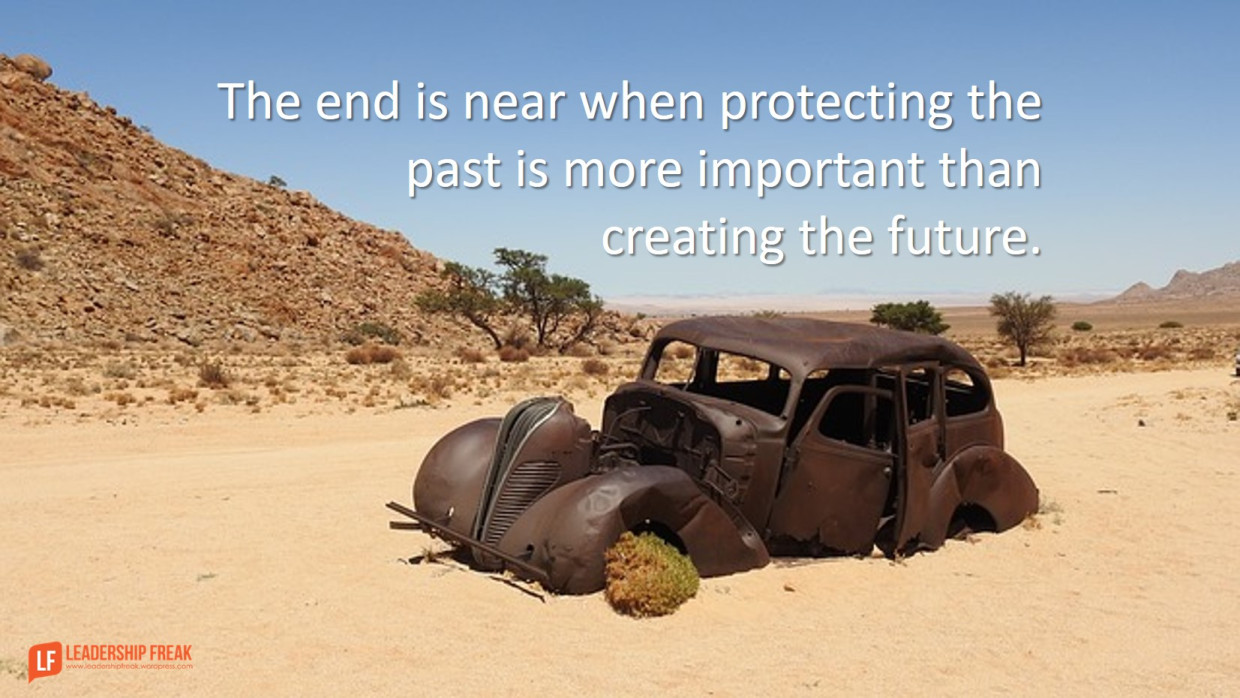A valuable diversion
Today’s newsletter may feel like a bit of a diversion. If it seems so to you, don’t worry: “pure” biz dev will return next week.
Last weekend, I read When Breath Becomes Air by Paul Kalanithi. Kalanithi was a neurosurgeon who was diagnosed with stage IV lung cancer at age 36. This book is his memoir, which I recommend to lawyers for three reasons:
- It is a book about meaning and particularly about choosing a life path in view of life circumstances. While most of us will never face the specific challenge that Kalanithi did, we will all face something that threatens to knock us off course, and we will all have to decide what truly matters to us. There is much to learn in Kalanithi’s exploration of who he might become following his diagnosis and whether to resume his career in neurosurgery, to start early the writing career he’d imagined for much later in life, or to suspend his career entirely in favor of spending time with his family.
It’s worth pausing to ask yourself: what are your values? What has meaning for you? Are you acting in accord with those two answers?
If you’re looking for a pure business development lesson, it lies in this search for meaning. If you connect with a reason why you want to grow your practice, you’ll be more likely to do what’s necessary to reach that objective. And if your efforts to grow your practice detract from what is most important to you, it will be difficult to maintain those efforts—and it may be ultimately pointless even if you succeed. - It’s a book about empathy. Kalanithi discusses how he sought to treat his cases as individuals, to help them make the right decisions for their own circumstances and values rather than simply treating the physical problem that they presented. He also discusses his experience as a patient who received person-centered care as well as a patient who received problem-based care.
Unlike neurosurgeons, most lawyers don’t work with life-and-death circumstances. As lawyers, we may tend to focus on the legal problem that the client presents rather than allowing the client’s objectives to govern, or we may fail to attend to our client’s worry, stress, and uncertainty. Having been both a litigator and a litigant, I know how important empathy is in practice. Kalanithi’s experience revealed in a fresh way the degree to which empathy is a professional skill, in a context that we are unlikely to face but can understand nonetheless. Empathy upholds dignity—ours and our client’s.
- It’s a poetic book that uses language with skill and care. Reading good writing feeds both the soul and the brain, and it can reinvigorate one’s own writing. While reviewers are not unanimous on the quality of Kalanithi’s writing, I found it beautiful, and I kept pausing to reread and mull certain passages.
If When Breath Becomes Air isn’t your kind of book, do find something that makes you continue to examine why you do what you do, what meaning your life and your work carries, and how your approach to others (and especially your clients) affects both them and you. It’s a step away from “pure business” than can only enhance “pure business.”

